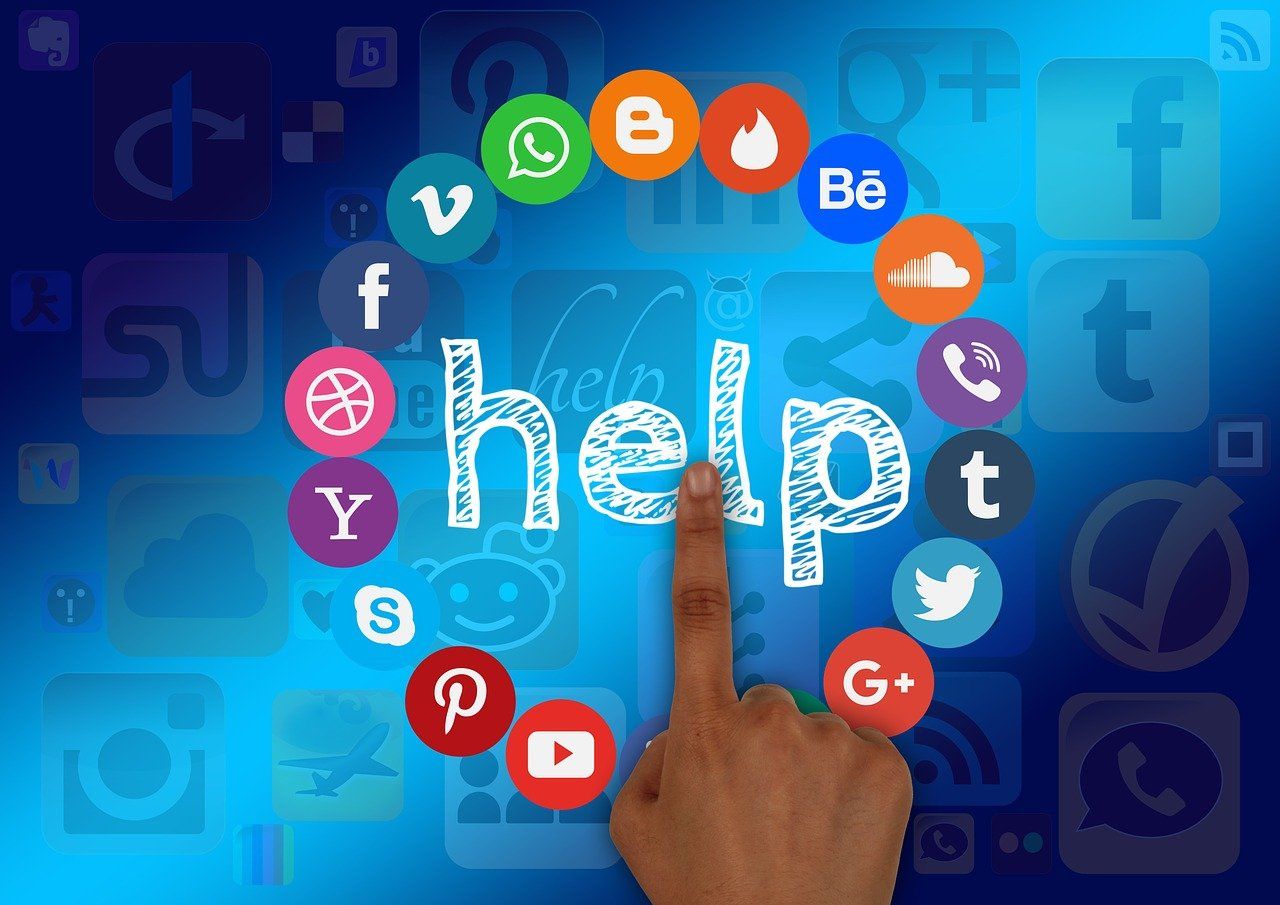Follow us on Google News (click on ☆)

Illustration image from Pixabay
By analyzing tweets (now called X) published about obesity between April 2019 and December 2022, a study by the Geneva University Hospitals (HUG) and the University of Geneva (UNIGE) reveals that the majority of them conveyed negative sentiments about overweight and obesity. The positions taken by influential political figures and celebrities play an important role in shaping public opinion on the subject.
The study highlights the discrimination faced by overweight or obese individuals and the role of social media in spreading criticism. Understanding public attitudes and perceptions towards obesity is essential for developing public health policies, prevention strategies, and effective therapeutic approaches. A study to read in the Journal of Medical Internet Research.
Obesity is a chronic disease that affects people of all ages worldwide and is directly associated with multiple comorbidities, including type 2 diabetes, cardiovascular, respiratory, and digestive diseases, as well as cancers. Obesity also causes significant psychological suffering. Its prevalence has increased from 4.6% in 1980 to 16% of the global population in 2022, with a rising trend.
Negative representations of obesity by political figures and celebrities contribute to negative public sentiments.
Nearly 7 out of 10 tweets are critical
The study was conducted by Dr. Jorge César Correia, chief physician at the Patient Therapeutic Education Unit of HUG, under the supervision of Prof. Zoltan Pataky, senior physician, head of the Patient Therapeutic Education Unit at HUG and associate professor at the Faculty of Medicine of UNIGE. It was carried out in collaboration with researchers from the University of Liverpool and the NHS Greater Manchester Mental Health Foundation.
It examines the sentiments of the general public, political figures, celebrities, and major organizations regarding obesity using 53,414 tweets published in English on this topic between April 2019 and December 2022, during the Covid-19 pandemic. The analysis of these tweets revealed that they were predominantly negative (69.36%) and increasing, while neutral (20.91%) and positive (9.73%) tweets remained stable. Tweets related to obesity were also very often associated with racism, different lifestyle choices, and social issues, such as illicit substance and alcohol use.
The study shows that negative representations of obesity by political figures and celebrities contribute to negative public sentiments and the perpetuation of stereotypes and prejudices against obese and overweight individuals. This stigmatization can lead to consequences for the mental health and well-being of these individuals, but also have detrimental effects on public health.
The role of celebrities and influencers
The researchers found that peaks in criticism were correlated with political events and comments from celebrities in the United States and Britain. Thus, many negative messages were spread when overweight celebrities were hospitalized for Covid-19, when the U.S. president announced his intention to lose weight, or during the launch of a British government campaign against obesity.
The study notes that when well-known individuals post negative comments or opinions about obesity, their followers are more likely to engage in similar conversations, thereby perpetuating more negativity. It therefore demonstrates the role of influencers in shaping public opinion on health topics and emphasizes that public figures should be aware of the potential consequences of their statements in terms of public health.
The impact of social media on public health messages
The results of this study provide a better understanding of the role of social media in shaping public sentiments, attitudes, and health behaviors on various topics, here obesity.
They could be useful in the development of public health policies, prevention strategies, and therapeutic approaches. These must now take into account the unique challenges posed by social media and digital communication in terms of public health.
A combination of human analysis and artificial intelligence
The scientific team conducted algorithmic and manual analysis for a thorough understanding of the attitudes and perceptions prevalent about obesity on Twitter. They used a platform, based on artificial intelligence, for text classification refined on approximately 198 million tweets for various applications, including sentiment analysis in eight different languages.